Now Reading: White House Adviser Navarro Criticizes India Over Russian Oil Tariffs
-
01
White House Adviser Navarro Criticizes India Over Russian Oil Tariffs
White House Adviser Navarro Criticizes India Over Russian Oil Tariffs
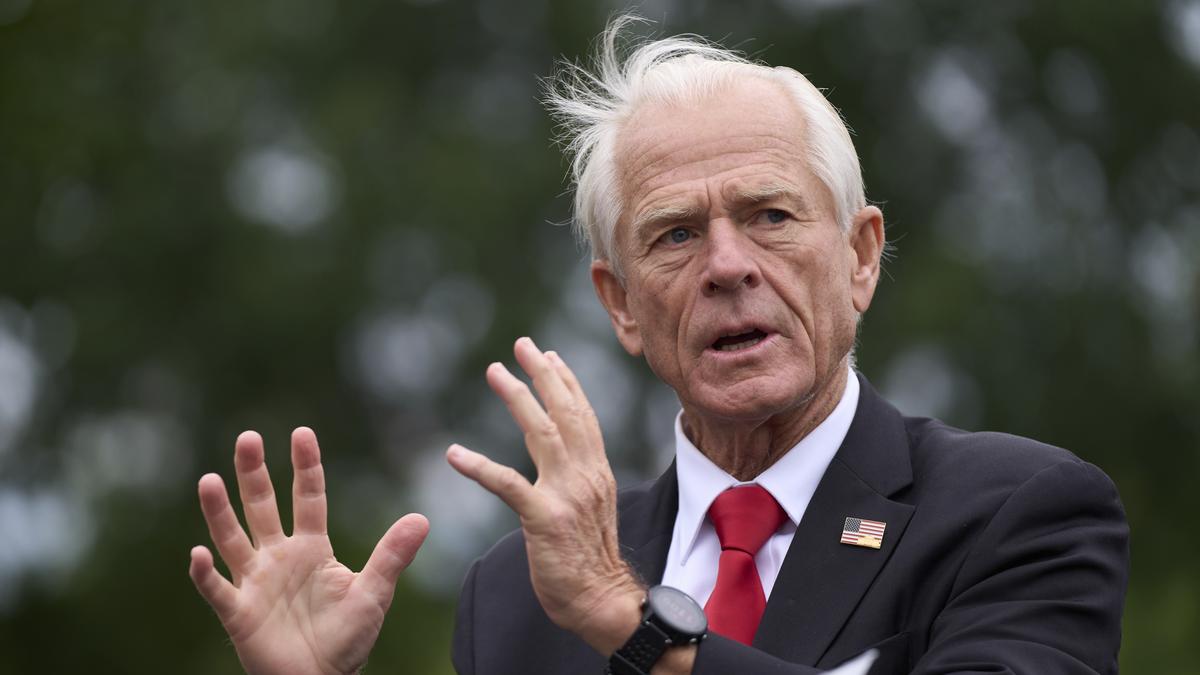
Quick Summary
- White House Trade Adviser Peter Navarro criticized India as being a “Maharaj in tariffs” and running a “profiteering scheme” using discounted russian crude oil.
- Navarro claimed that India buys cheap Russian oil, refines it, and sells it at premium rates to Europe, Africa, and Asia.
- He argued this practice funds Russia’s war in Ukraine while India profits from the global energy market.
- U.S. has imposed an additional 25% tariff on Indian goods due to its energy ties with Russia but has not taken similar actions against China despite its larger procurement of Russian crude oil.
- External affairs Minister S. Jaishankar defended India’s purchases by highlighting that the U.S. previously encouraged New Delhi to stabilize global energy markets through such measures.
- Before the Ukraine war,less than 1% of India’s crude oil imports came from Russia; now that figure is 35%,making Russia India’s largest supplier.
- The relationship between New Delhi and Washington appears strained due to heightened tariffs and criticisms over trade practices.
Indian Opinion Analysis
The ongoing criticism by U.S officials towards India’s use of discounted Russian crude highlights increasing friction in Indo-U.S relations amidst shifting geopolitical dynamics. While Washington’s concerns are rooted in security implications tied to Russia’s actions in Ukraine, New Delhi maintains its stance on securing affordable energy for domestic needs-a position also shaped by market realities rather than political allegiances.
Notably,imposing higher tariffs selectively against Indian goods while sparing China sends mixed signals about U.S trade policies’ consistency toward nations sourcing from Russia.This inconsistency could jeopardize Indo-U.S economic ties further unless reconciled through obvious dialog prioritizing mutual interests.India’s decisions reflect pragmatic responses aimed at national interest during fluctuating global conditions rather than active participation in any geopolitical bloc-building or profiteering narratives presented abroad.
Read more: The Hindu


